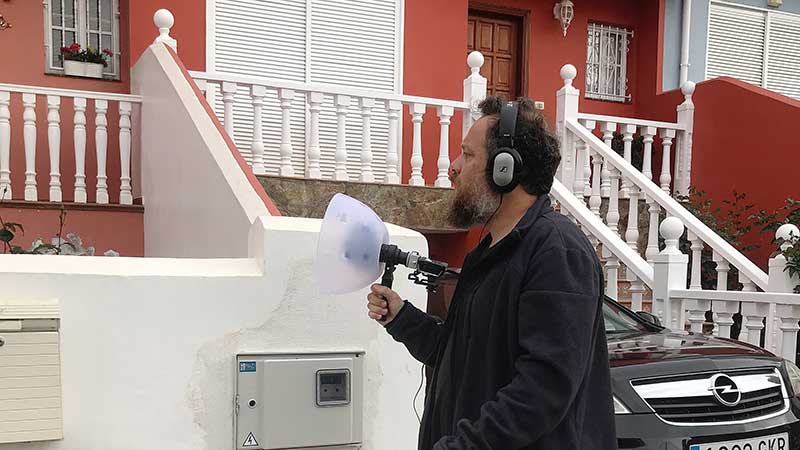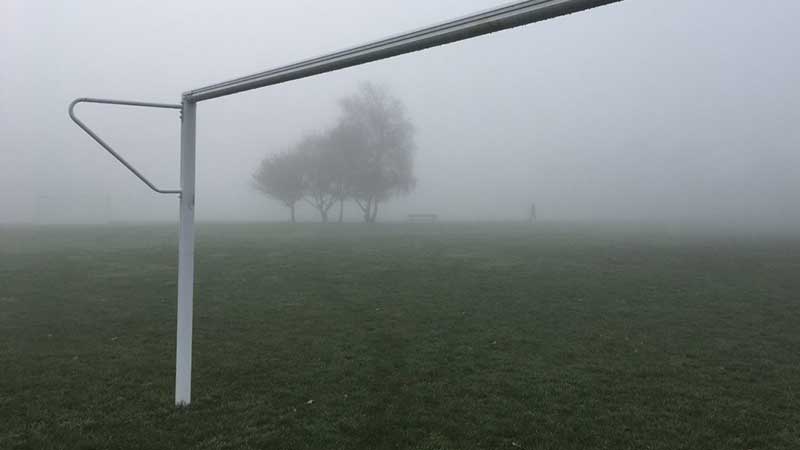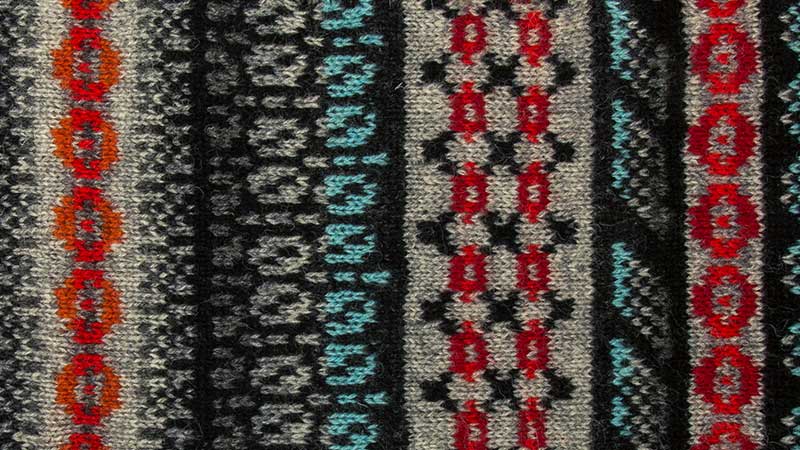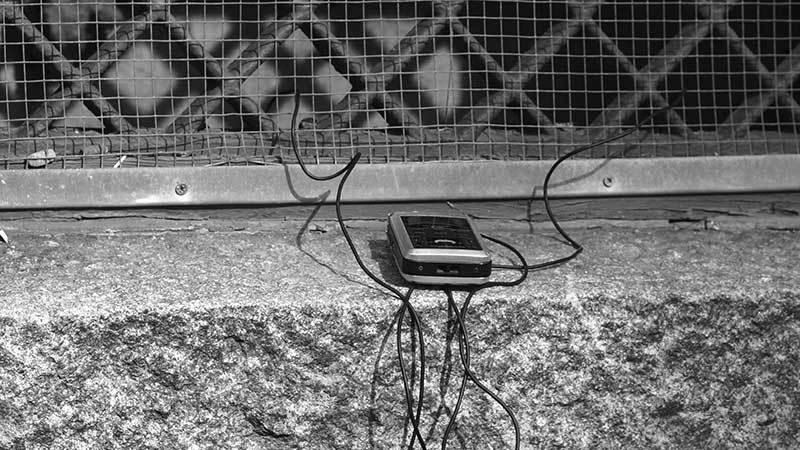Felicity’s joint interests in sound and knitting led her to found Knitsonik, a creative enterprise connecting her work with everyday sound with her love of stranded colourwork. She has appeared on BBC Radio 4’s Woman’s Hour talking about the connections between places, textiles and sounds, and how her work joins these elements together.
Her interest in this area led to a collaboration with the British Wool Marketing Board and Rheged, a community arts centre in Cumbria, for their Wonder of Wool exhibition. Her sound installation Hûrd, developed for the exhibition, featured the voices of wool producers, the atmosphere and weather of places where wool is grown, and the specific sounds of British sheep.
Felicity’s collaborations for Shetland Wool Week include the project Shetland Oo by Kate Davies and Tom Barr of KDD & Co, where her field recordings of the sounds of Shetland wool were credited with bringing the island’s landscape and industry to life.




